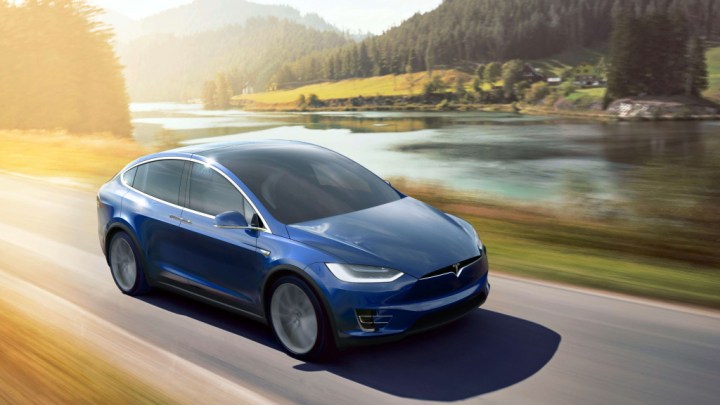
In a recent interview with The Verge, Volvo’s senior technical leader of crash avoidance, Trent Victor, had some harsh words for the system. Victor claims Autopilot is not as capable as Tesla alleges, and could even be dangerous because of it.
“It gives you the impression that it’s doing more than it is,” said Victor. “[Tesla’s Autopilot] is more of an unsupervised wannabe.”
Tesla categorizes its self-driving technology as Level 2 automation, which is defined by the National Highway Traffic Safety Administration as the automation of “at least two primary control functions designed to work in unison.” Unlike Level 4 — which requires no driver input at all — the driver is still responsible for maintaining control of the vehicle in Level 2; however, equipped Teslas can operate by themselves on the highway for relatively long periods. It is worth noting that in the press kit for the Model S’ 7.0 software update, Tesla describes Autopilot’s Autosteer function as a Beta.

As for Volvo, the brand will launch its Drive Me vehicle program next year, which will include 100 Level 4 automated XC90s driving among normal traffic in Sweden. According to Victor, Level 4 is a much safer option than Level 2 or Level 3 because there’s always an electronic safety net if something goes wrong. In lower degrees of autonomy, features like automatic lane keeping can be switched off if there’s no driver input for a set amount of time.
Read more: Tesla’s updated Model S officially exceeds the 300-mile range marker
“In our concept, if you don’t take over, if you have fallen asleep or are watching a film, then we will take responsibility still,” said Victor. “We won’t just turn [autonomous mode] off. We take responsibility and we’ll be stopping the vehicle if you don’t take over. That’s a really important step in terms of safety, to make people understand that it’s only an option for them take over.”
Self-driving technology is already more common than most people think, and that trend is only going to continue. Is Tesla Autopilot safe? Are self-driving cars safe at all? Let us know your thoughts in the comments.
Editors' Recommendations
- Tesla to begin production on new, more affordable models
- Tech giant reveals nice price for new EV to take on Tesla
- Tesla faces new rival as a tech giant launches its first EV
- Tesla Autopilot vs. full self-driving: What’s the difference?
- New Model 3 ‘takes out the baby fat,’ Tesla designer says in new video


